The International Monetary Fund (IMF) has advised the federal government to adopt supportive policies during the period of the COVID-19 pandemic.
Abebe Aemro Selassie, director of the IMF Africa department, told journalists on Monday that it would be wrong for the federal government to aggressively introduce new tax measures at this time.
“Nigeria is an oil-exporting country so the impact of the pandemic is being compounded by the sharp decline in oil prices. We are projecting that GDP growth would contract around 5.4 percent this year so it’s a very significant hit to incomes,” the director said while presenting the latest regional economic outlook for Sub-Saharan Africa.
“It will be very important to have very nimble policy response to ensure that the hits to the economy are not compounded by policy challenges.
Advertisement
“This is not the time to be aggressively introducing new tax measures but there is a long-standing challenge, on the fiscal side, of needing to have sufficient resources generated by the government from non-oil sources to provide investments in health, education, infrastructure so there is that long-term agenda that needs to be addressed.
“Right now, fiscal policy can be supportive and needs to be supportive.”
Selassie described the pandemic as a “fast-moving crisis” adding that the resultant economic downturn will be significantly larger than projected in April.
Advertisement
He advised countries to prioritise the preservation of health and lives in the short-term.
“As the region starts to recover, authorities should gradually shift from broad fiscal support to more affordable, targeted policies; concentrating in particular on the poorest households and those sectors hit hardest by the crisis,” he explained.
“Looking even further forward, and once the crisis has waned, countries should refocus their attention on transforming their economies, creating jobs, and boosting living standards—clawing back some of the ground lost during the current crisis.
“None of this will be easy, particularly in light of the scale of the crisis and its longer-term consequences. The region cannot tackle these challenges alone, and a coordinated effort by all development partners will be key.”
Advertisement
The IMF projects that Nigeria’s economy will contract by 5.4 percent in 2020 and recover by 2.3 percent in 2021.
1 comments

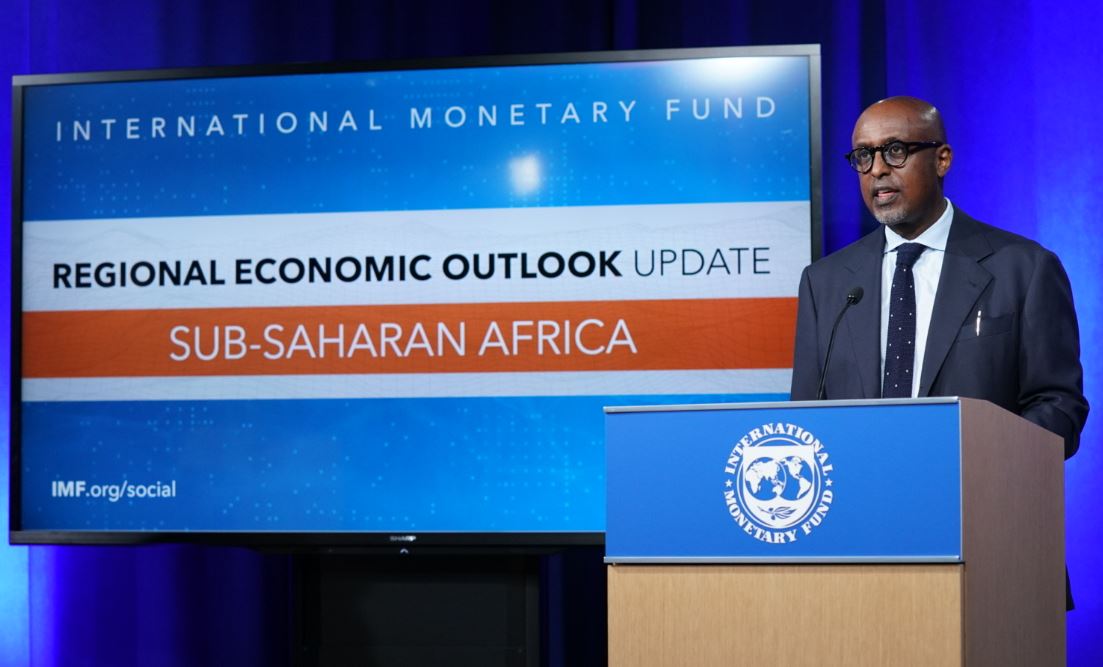

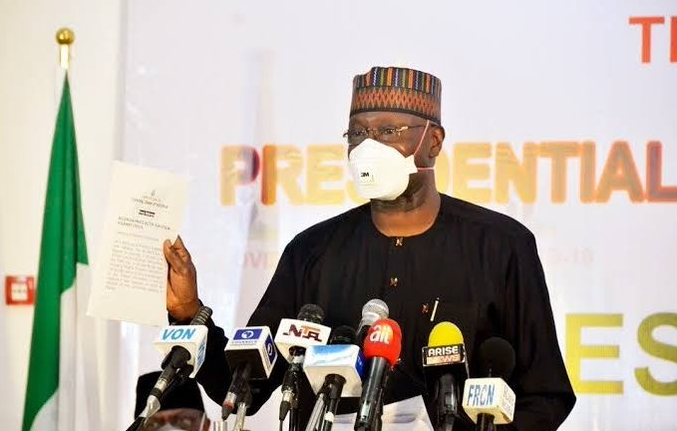
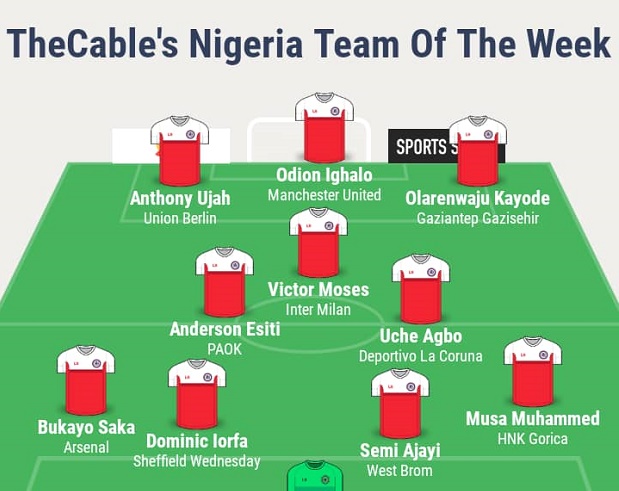
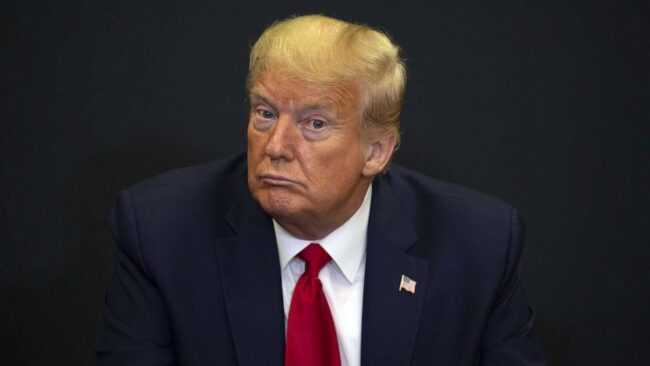
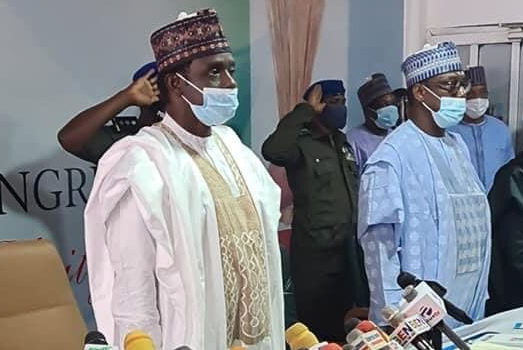
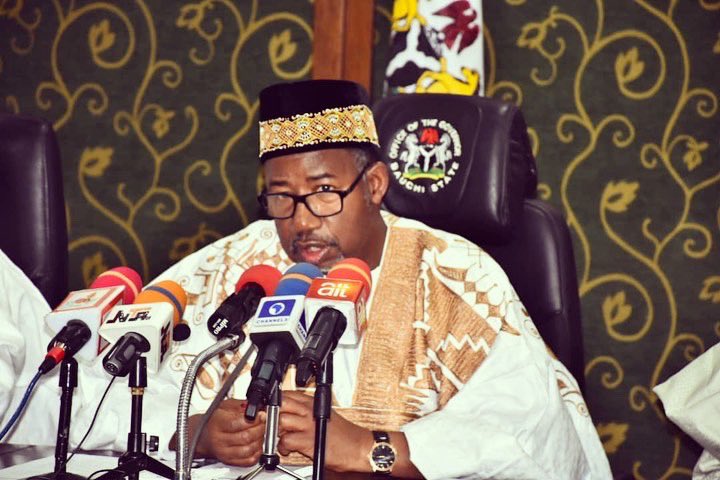
Unfortunately, the Nigerian government is doing exactly the opposite… The new Ease of Doing Business/ CAC registration-TIN merge is not to ease anything but a strategy to drag upcoming companies many who will struggle to stand on their feet into a strangulating tax net. Tax holiday and structural incentives: startup loans should be given to new companies instead given the Post COVID19 impact.